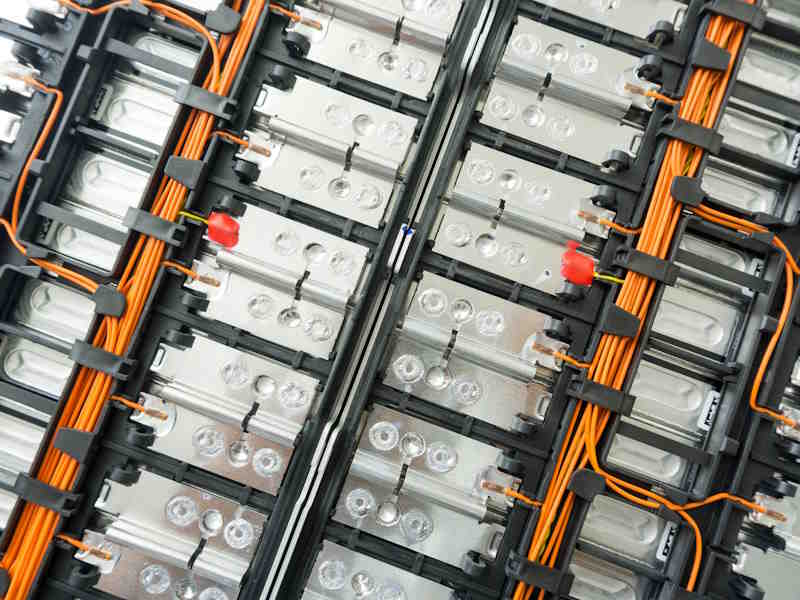Plug Into More Green Stock News
Tap into the pulse of emerging green sectors every morning. Top daily headlines from clean energy, cleantech, cannabis, and sustainable transport stocks:
Surge Battery Metals: Growth In Metals Mining Could Be Key To Achieving Energy Independence
In the era of clean energy, the battery metals used in electric vehicles may have become the new oil, making investing in a domestic battery supply chain — from mine to battery — a critical step toward U.S. energy independence.
But the U.S. has a long way to go to meet the demand for the metals used to power electric vehicles (EVs).
Under the Inflation Reduction Act, the U.S. government is spending billions of dollars on energy transition, including through EV purchase incentives, to help the Biden Administration achieve its goal of 50% of new car sales to be zero emissions by 2030.
Beginning in 2023 and 2024, consumers purchasing EVs are eligible for the following tax credits:
· $4,000 for used EVs
· $7,500 for new North American EVs
· Up to $7,500 for commercial EVs weighing less than 14,000 pounds
· Up to $40,000 for commercial EVs weighing more than 14,000 pounds
If projections are correct, the incentives will have the desired effect. U.S. EV sales are expected to accelerate in the years to 2030, according to the International Energy Agency (IEA).
EVs currently displace more than 1 million barrels of oil use per day. By 2050, EVs and fuel-cell vehicles are expected to replace more than 21 million barrels per day, according to an investor presentation prepared by Surge Battery Metals Inc. (TSX-V: NILI) (OTC: NILIF) (FRA: DJ5), an exploration company focused on locating and developing high-value deposits of the clean energy battery metals that are vital to the rapidly growing EV market.
Mining Capability Is Key To A Reliable Supply Chain
As America manufactures more EVs, it also will need more mines to supply the metals used to make the batteries that power them. The average electric car contains 8.9 kilograms (kg) of lithium and 39.9 kg of nickel.
Based on the projected production of EVs and the estimated amount of metals needed to power them, the production of the metals to meet demand seems to be lagging.
In 2021, the U.S produced 900 tons of lithium and 18,000 tons of nickel, far short of the projected need of 155,928 tons of lithium by 2030 and 699,048 tons of nickel by 2030, according to a report prepared by Surge Battery Metals.
The U.S. currently relies on battery metal imports, while China dominates metal refining and battery production. Canada-based Surge Metals could be part of the solution. The company is focused on exploring North American deposits of lithium and nickel, and is already exploring lithium deposits at its mine in Elko County, Nevada, and nickel deposits at its mine in British Columbia.
Surge Battery Metals Inc. is a Canadian based exploration company focused on locating and developing high value deposits of clean energy battery metals that are vital to the rapidly growing electric vehicle (EV) market.
This post contains sponsored advertising content. This content is for informational purposes only and is not intended to be investing advice.
Contact Details
Investor Relations
This email address is being protected from spambots. You need JavaScript enabled to view it.
Company Website
Plug Into More Green Stock News
Tap into the pulse of emerging green sectors every morning. Top daily headlines from clean energy, cleantech, cannabis, and sustainable transport stocks:
More Green Stock News
More Green Stock News
| Last Trade: | US$0.63 |
| Daily Change: | -0.05 -7.77 |
| Daily Volume: | 274,037 |
| Market Cap: | US$125.260M |
December 02, 2025 November 21, 2025 October 30, 2025 October 20, 2025 | |




